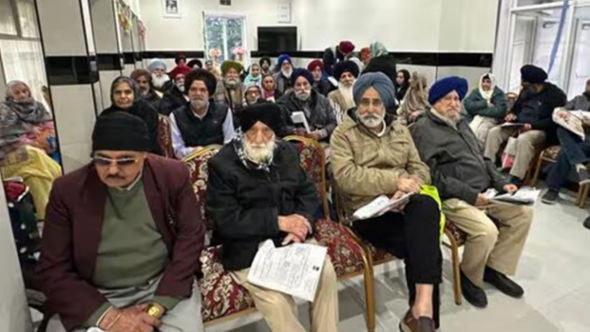
A good place to start is with an understanding of the various wedding ceremonies.
A wedding reception consists of a large party, a meal, and dancing, and is traditionally held after a ceremony at a church, reception hall, or other designated location. There are three distinct sizes of weddings: small (50-100 guests), medium (100-200 guests), and large (above 250 guests).
Guests at an intimate wedding are typically members of the couple’s immediate family and very close friends. In general, less than 25 people are invited to an intimate wedding. Smaller weddings can happen anywhere: in a backyard, in the mountains, or at a special destination. Since the year 2020, when wedding venues started placing limits on the number of guests, small, intimate weddings have become increasingly fashionable. Intimate weddings continue to rise in popularity despite the widespread easing of legal requirements for holding such events.
When a couple decides to get married without inviting any other guests, they are said to have eloped. The typical wedding party consists of the couple, the officiant, the photographer, and the videographer. You can make your elopement as elaborate or low-key as you choose. The courthouse, a meaningful location, or a far-flung locale are popular elopement packages options.
Planning a wedding or elopement may be a stressful experience for many people. Which option is most practical for you and your loved one depends on your family dynamic and your wedding day priorities. For some couples, the ease and accessibility of a conventional wedding in front of their extended family and friends who also happened to grow up in the same hometown is the best option.
An elopement or small wedding may be the best option for couples whose families have complicated dynamics, who fear their future in-laws, who have many members or who have friends and family members who live in other states. Some people would rather elope than deal with all the complications of marriage. Instead of letting stress and unanticipated events ruin their special day, they may plan it together and enjoy the kind of celebration they’ve always imagined.
Fewer people and fewer details are required to organize a simply eloped or a small, intimate wedding than a larger ceremony. Remember that you won’t need to organize a cocktail hour with food and beverages, hire a coordinator, pay for catering, or decorate the tables.
Whether or not an elopement is less expensive than a wedding depends on the specifics of the event. However, elopements often wind up costing less than weddings do.
In comparison to the average $34,000 cost of a wedding, the average cost of an elopement is between $6,000. and $15,000. The cost of getting there and back, as well as professional photography or filming, will add up quickly for an elopement. Due to the close quarters, most couples choose to have professional photos and videos taken so that they would have something lovely to show off to their loved ones back home.
Yes! Some couples want to get married privately, then celebrate with friends and family at a later date. The two events, the ceremony and the reception, can be planned separately, giving you the best of both worlds. Make sure your marriage is recognized by the law and inform your guests in advance if this is something you are considering. You can have your wedding and your cake, too, if you elope first.
The law recognizes elopements as valid marriages in all 50 states. If self-solemnization is not permitted in the state where the couple want to get married, they will need to apply for and get a marriage license from the county clerk’s office and have a legal ceremony presided over by a minister who has been duly ordained by the state. Self-solemnization refers to the practice of getting married in the eyes of the law without the intervention of a third party (such as a judge, an officiant, witnesses, or any other signatures). Only a small number of states currently allow individuals to solemnize their own marriages; they are Colorado, California, the District of Columbia, Illinois, Kansas, Maine, Nevada, Pennsylvania, and Wisconsin. You can elope in secret if you really want to, but we suggest telling your parents or some close relatives at least.














